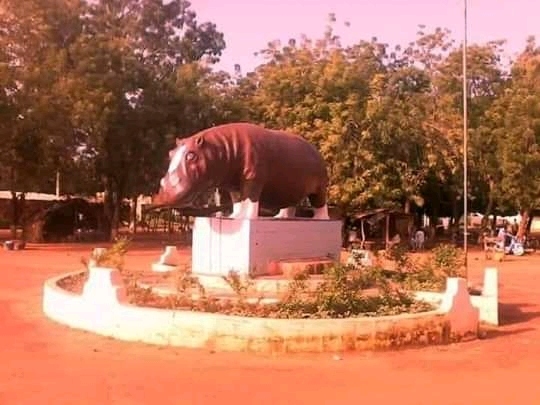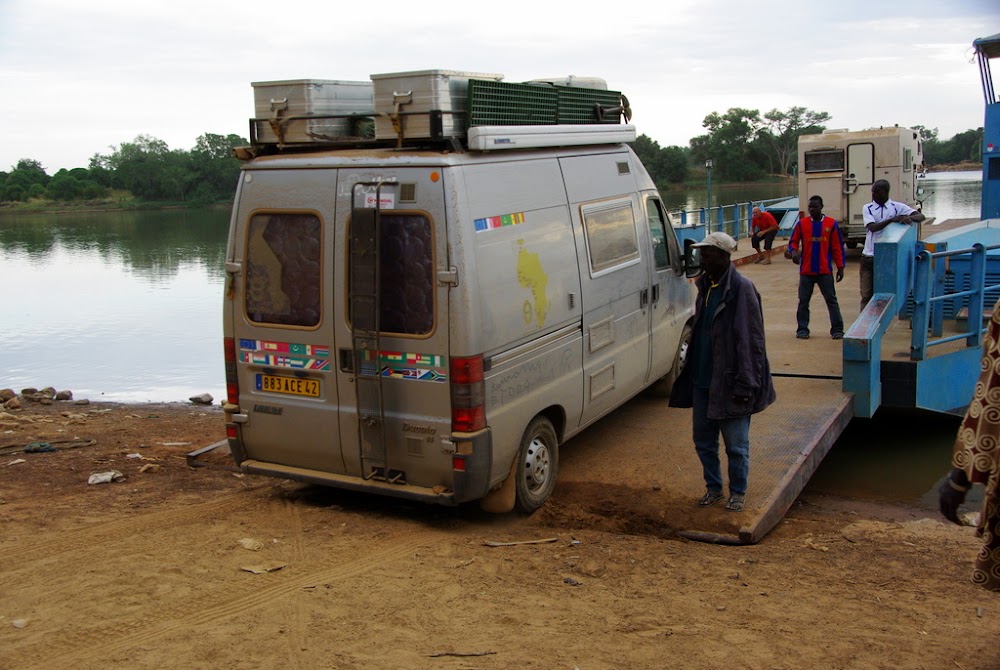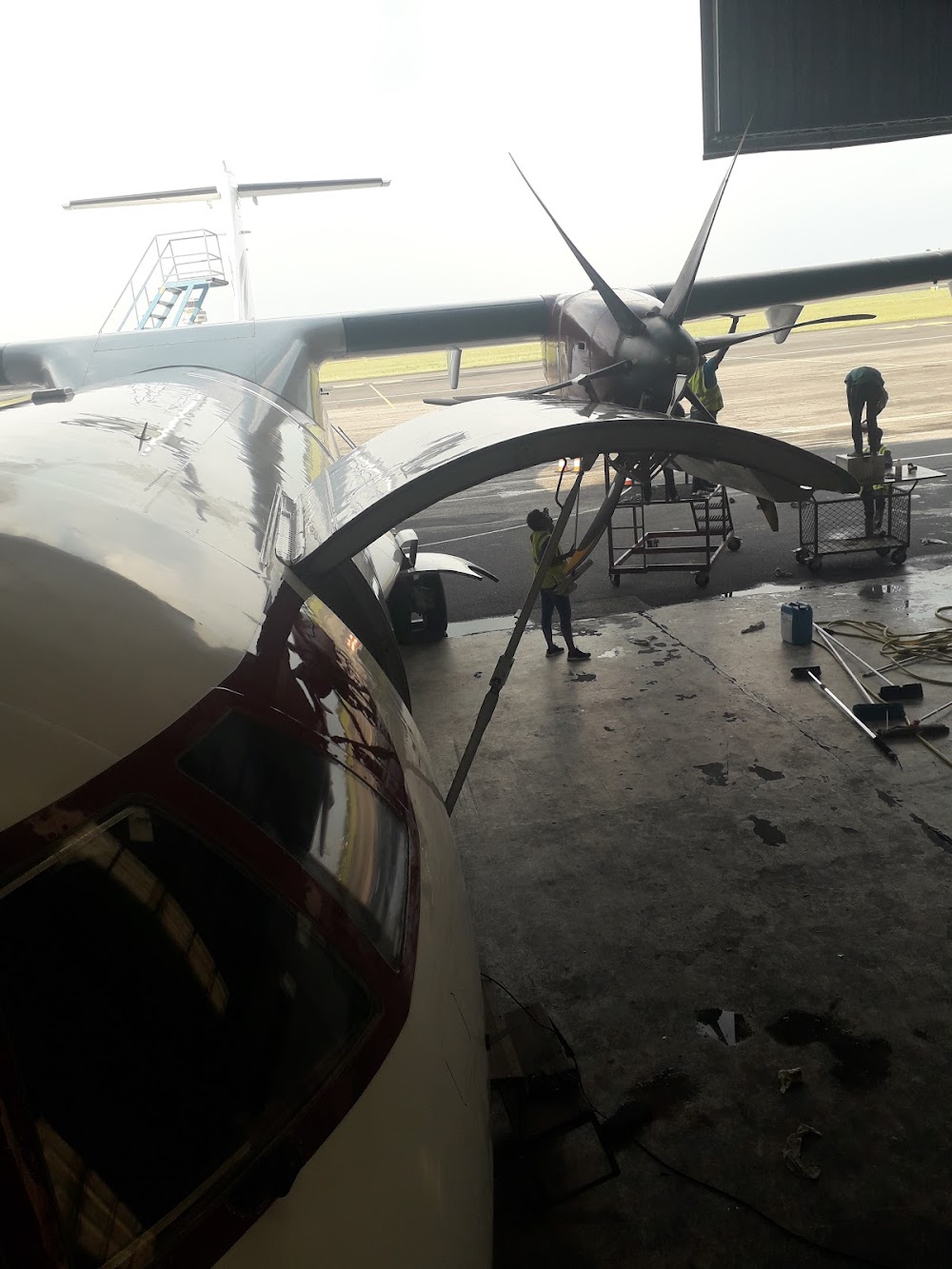Bafoulabé (Bafoulabé)
Related Places
Overview
Bafoulabé, located in the Kayes Region of Mali, West Africa, is a town steeped in historical and cultural significance. Nestled at the confluence of the Bafing and Bakoy rivers, which unite to form the Senegal River, Bafoulabé's strategic position has established it as an essential center for trade and travel throughout the centuries.
Meaning of Bafoulabé
The name "Bafoulabé" translates to "meeting of the rivers" in the local language, aptly reflecting its geographical importance. The town's rich history involves a tapestry of various ethnic groups, including the Bambara, Malinké, and Moorish peoples. Each group has contributed unique cultures, traditions, and skills, adding depth to Bafoulabé's narrative.
Colonial Heritage
In the late 19th century, Bafoulabé was established as a colonial outpost by the French, who sought to control trade routes in West Africa. They built administrative buildings, schools, and hospitals to serve both the local population and French settlers. Many of these structures remain today, standing as monuments to the town's colonial past.
Historical Landmarks
One prominent landmark is the old railway bridge over the Senegal River, constructed by the French in the early 20th century. This bridge was part of the Dakar-Niger Railway, linking the interior of West Africa to the port city of Dakar, Senegal. The bridge not only facilitated the movement of goods and people but also significantly boosted trade and economic activity in the region.
Architectural Blend
Bafoulabé's architecture showcases a fascinating blend of traditional African styles and colonial influences. Traditional homes, often built from mud bricks (banco) with thatch or tin roofs, are designed to keep interiors cool in the sweltering heat. In contrast, colonial buildings typically feature stone or concrete construction, characterized by large, airy verandas.
Economic Foundations
Historically, Bafoulabé's economy has relied on agriculture, fishing, and trade. The fertile riverbanks provide ideal conditions for cultivating crops like millet, maize, and sorghum, while fishing in the Senegal River serves as a crucial source of food and income for local families. In recent years, there has been a push for development in mining, particularly in extracting minerals such as gold.
Cultural Preservation
Bafoulabé plays a vital role in preserving cultural traditions, with festivals, music, and dance being integral to everyday life. The Griot tradition—where storytellers and musicians relay history and culture through song and performance—thrives in this vibrant community. Local artisans also create traditional arts and crafts, including pottery, weaving, and jewelry.
Improvements in Education and Healthcare
Education and healthcare in Bafoulabé have gradually improved over the years. Schools established during the colonial period continue to operate alongside new institutions built to accommodate the growing population. Health centers provide essential services, although access to advanced medical care remains limited.
Transportation Challenges
Transportation in Bafoulabé presents its own challenges due to the town's remote location. While the railway once served as the primary means of transport, road networks have become increasingly important. Despite improvements, many roads remain unpaved, complicating travel, especially during the rainy season.
Bafoulabé is a town that embodies a rich history and vibrant culture. Its unique position at the convergence of two rivers has shaped its development over the centuries, making it a vital hub for trade, agriculture, and cultural exchange. As the people of Bafoulabé navigate modern challenges, they continue to honor their cherished traditions while adapting to an evolving world.






